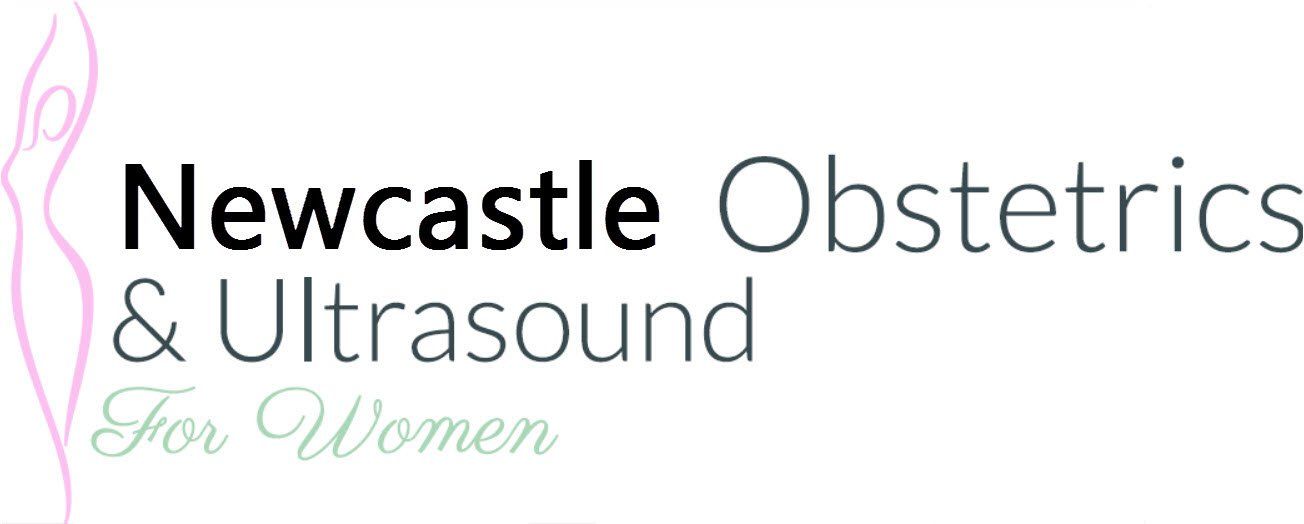Oral health tips for pregnant mums to keep you smiling
- By websitebuilder
- •
- 09 Aug, 2018
- •

It’s Dental Health Week August 6th-12th and we would like to take this opportunity to remind our lovely mums about the importance of oral health during this special time.
Did you know: when you are pregnant your mouth and gums can be more susceptible to issues? Pregnancy can lead to dental problems for some women, including gum disease and increased risk of tooth decay. During pregnancy, hormonal changes can make your gums more easily irritated and inflamed. Elevated hormone levels can affect your body's response to plaque (the layer of germs on your teeth).
Just like the rest of your body, your teeth, gums and mouth are affected by hormonal changes during pregnancy. You will probably notice changes in the health of your gums even during the first trimester.
Your dental health has a significant impact on your overall health which in turn has a major influence on the health of your baby, so it’s important that you maintain a good dental health routine throughout your pregnancy, and beyond.
See below some things you need to be aware of and basic oral health tips for pregnant mums to keep you smiling.
Your gums are highly sensitive and bleed easily
While pregnant you may find that your gums bleed easily when you brush or floss, a sign of gum disease commonly known as “pregnancy gingivitis”. Though it is often temporary, as are many other oral health issues during pregnancy, it can seriously weaken the tissues that hold your teeth in place and you shouldn't ignore it. It usually only affects you if you have previously experienced gum inflammation.
Make seeing your dentist and hygienist a priority
Getting a regular check-up during pregnancy is safe and essential for optimal oral health. Not only can you take care of cleanings and procedures like getting fillings before your baby is born, but your dentist can help you with any pregnancy-related dental symptoms you might be experiencing.
Morning sickness can affect your teeth
Pregnancy hormones soften the ring of muscle that keeps food inside the stomach. Gastric reflux (regurgitating food or drink) or the vomiting associated with morning sickness can coat your teeth with strong stomach acids. Repeated reflux and vomiting can damage tooth enamel and increase the risk of decay.
Don’t brush your teeth directly after vomiting
Tempting though it is to brush your teeth straight after a bout of morning sickness, it's best to wait an hour or so as brushing too soon can strip away the enamel, which is the softened protective coating of your teeth, leaving them more vulnerable to decay and sensitivity. While you're waiting, try rinsing your mouth with water to remove the acids, chew sugar-free gum or try eating an acid-neutralising food such as milk or hard cheese.
Watch your food cravings don’t affect your teeth
Unusual food cravings are a fact of life for many women during pregnancy. If your cravings take a turn towards things sweet, try to limit the sugary snacks and instead, choose healthier options such as fresh fruit.
Brushing and flossing are essential
Maintaining your usual oral health routine is even more important when you’re pregnant since hormonal changes mean that you have an increased susceptibility to gum inflammations and infections.
Dental disease can affect a developing baby
Research has found a link between gum disease in pregnant women and premature birth with low birth weight. Babies who are born prematurely may risk a range of health conditions including cerebral palsy and problems with eyesight and hearing. Estimates suggest that up to 18 out of every 100 premature births may be triggered by periodontal disease, which is a chronic infection of the gums. Appropriate dental treatment for the expectant mother may reduce the risk of premature birth.
Increase your calcium intake
It is also advised to increase your daily amount of calcium during pregnancy. Sufficient calcium will protect your bone mass and meet the nutritional needs of your developing baby. Useful sources of dietary calcium include products such as milk, cheese, yoghurt etc.
It’s important to remember to tell your dentist that you are pregnant, and they can then plan your oral health program accordingly.
So, protect your smile and enjoy your pregnancy!
Resources
Australia Dental Association
Better Health Victoria

Are you feeling exhausted with your pregnancy, but unsure about whether it’s safe to include caffeinated drinks to help boost you? You may have heard that it may not be great, but what actually are the facts?
Do you know how much is too much, and are you having too much? Should you cut it out all together?
How much is too much?
It is recommended that 200mg or less of caffeine per day may significantly reduce the risk of adverse birth and pregnancy outcomes associated with caffeine intake.
This table will help you to work out how you might add up to your 200g. We’re certainly not recommending the energy or soft drinks lol, but some of these might sneak into your day without you realising.
| Dose |
Amount of caffeine |
| 1 teaspoonful of instant coffee |
60mg |
| 1 cup (200ml) |
100mg |
| 1 shot espresso |
90mg |
| 1 black tea teabag |
50mg |
| 1 green tea teabag |
30mg |
| Energy drinks |
110mg |
| Cola soft drinks |
40mg |
| 60g milk or dark chocolate |
30-40mg |
What could go wrong?
Several studies that suggest that caffeine consumption during pregnancy may cause foetal growth restrictions, which are known to have detrimental impacts on foetal development.
One recent review depicts that caffeine intake during pregnancy may increase the baby’s risk of having a low birth weight. Authors commented that low birth weight infants may experience excess growth during infancy, childhood obesity and chronic disease later in life.
What did Margaret do?
Many women actually develop an aversion to coffee and even tea during pregnancy, but Margaret was not one of those. We were able to help with supporting her to cut down on her 4+ cups of coffee each day by providing alternative ideas that fitted with her tastes and habits. She was down to two or less within a week of her visit. Margaret was pleasantly surprised how good decaffeinated coffee tasted nowadays as she used to think it was nasty.
What could you drink instead?
An easy swap for coffee is decaf coffee and just swapping to tea may also be enough for you. You may find some herbal teas are quite tasty, and if you’re suffering with morning sickness many find the lemon and ginger flavoured one can make a big difference. Of course, there’s always water and carbonated water, and if you want some flavour why not try the cold water tea bags which are caffeine free. Milk-based drinks and even the nut-milks can be a good option too. If these ideas don’t appeal to you, check with your dietitian for more ideas.
How are you managing?
Are you having more than your two cups of coffee or three to four cups of tea? What are you substituting the extra ones for?
Call us to chat on 0249710770, remembering that we can arrange TeleHealth consults if you're too busy or live too far away. Accredited Practising Dietitian Sally Marchini at Marchini Nutrition is one of the specialist dietitians from the Australia-wide network Nutrition Plus who offer more than just nutrition advice - they offer experience, problem solving, understanding and most importantly compassion to assist you on your health journey in preconception, pregnancy, postnatally and for specific health concerns. Sally can be contacted via her website www.marchininutrition.com, the Nutrition Plus website www.nutritionplus.com.au, by telephone on 02-4971-0770, or by email at sally@marchininutrition.com
References:
(1) Adherence to the Caffeine Intake Guideline during Pregnancy and Birth Outcomes: A Prospective Cohort Study, by Amy Peacock et al., Nutrients 2018, 10(3), 319; ttps://doi.org/10.3390/nu10030319
(2) Maternal caffeine intake during pregnancy and childhood growth and overweight: results from a large Norwegian prospective observational cohort study, by Eleni Papadopoulou et al., BMJ Open 2018;8:e018895. doi: 10.1136/bmjopen-2017-018895
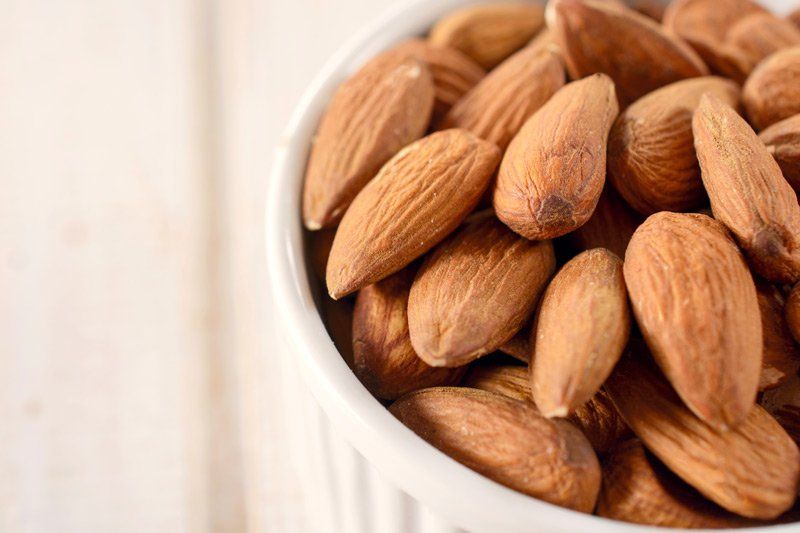
by Sally Marchini Accredited Practising Dietitian at Marchini Nutrition, Swansea
The colder months of winter can often cause our immune system to falter, putting us at risk of catching viruses such as the common cold. What we choose to eat during this period, especially if we’re pregnant, can make a big difference.
As well as the ‘usuals’ that we know contain the vitamins that keep us well such as fresh fruit and vegetables, an important consideration is our gut microbiome.
That’s the trillions of bacteria that live in our large intestine. It’s known that if we have sufficient numbers of the ‘good’ bacteria in our gut microbiome that they work hard to help keep us well. The way that we can ensure that they stay well is to feed them the food they like to eat. Fortunately for us in this colder weather, it’s many of the foods that we want to eat for comfort anyway that also prove to be so nutritious for our bub and its future health.
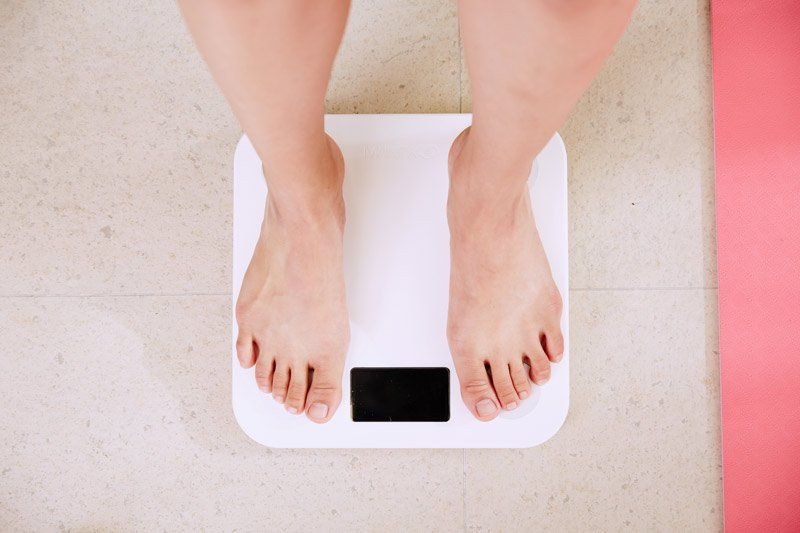
It is important during pregnancy to eat well and takes care of your health. This will ensure the baby has the best chance of a healthy life. A woman's body goes through many changes during pregnancy and different body shapes will be affected by pregnancy in different ways.
About one third of women start their pregnancy overweight and this can cause problems for both the mother and the baby. If you can, plan for your pregnancy. It is best to start pregnancy within the healthy weight range.
Aim to monitor your weight gain throughout your pregnancy by weighing yourself every couple of weeks.
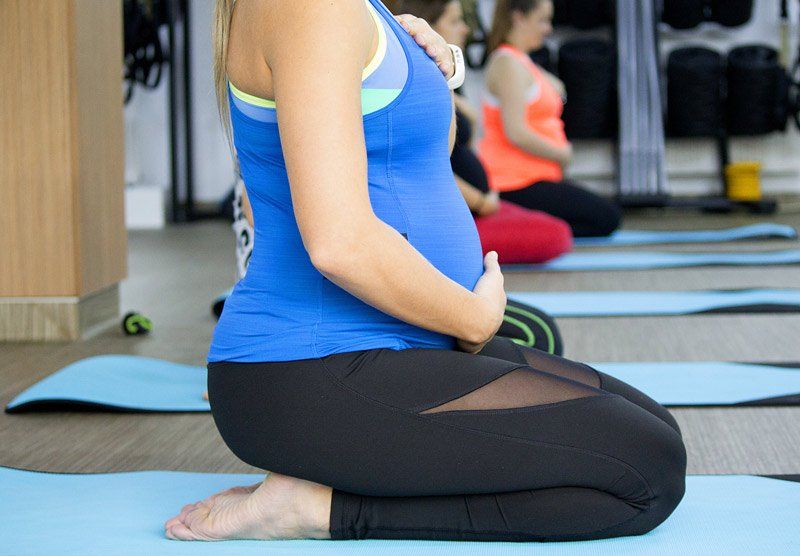
All women who are pregnant without complications should be encouraged to participate in aerobic and strength-conditioning exercises as part of a healthy lifestyle during their pregnancy. A reasonable goal should be to maintain a good fitness level throughout pregnancy without trying to reach peak fitness.
It is important to stay well hydrated, wear comfortable and non-restrictive clothing (such as a correctly fitted bra and appropriate footwear) and where possible, avoid excessive over-heating.
Exercise during pregnancy offers many physical and emotional benefits. Physical activity may also help manage some symptoms of pregnancy and make you feel better, knowing you’re doing something good for yourself and your baby.

This can be a very exciting and overwhelming time of your life, filled with many, many questions. Take a deep breath, below we have compiled a list of useful questions that you can ask your obstetrician or midwife during your first prenatal visit to help reassure you and give you peace of mind during your wonderful journey.
It is important that you feel well-informed about your antenatal care and have accurate expectations about what will happen when you go into labour. The first prenatal visit usually happens between weeks 8 and 10, but it’s a good idea to let your provider know as soon as you find out you are pregnant.
Here are some useful questions you can ask during your first prenatal visit:
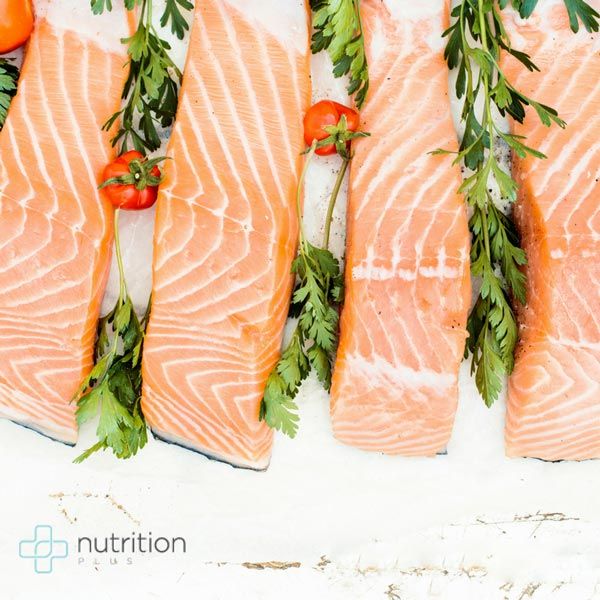

Drinking enough water is a necessity in order to stay healthy and ensure that your body functions smoothly. The importance of drinking water increases further if you are an expectant mother.
When you're pregnant, you need more water than the average person in order to form amniotic fluid, produce extra blood, build new tissue, carry nutrients, enhance digestion, and flush out wastes and toxins.
How much is enough?
Since you need more water during pregnancy, how much is enough? It’s recommended that you drink 8-12 glasses of water a day, or 2.3 litres. If your trips to the bathroom are frequent and your urine is pale or colourless, you're drinking is on track.
Could you be dehydrated?
Signs of dehydration to watch out for:
- Overheating
- Headaches/sluggishness
- Dark or concentrated urine
Benefits of keeping well hydrated when pregnant
Especially during hot summer months, as a mum to be you will want to make sure you stay adequately hydrated. Here are just some of the benefits of staying hydrated during your pregnancy:
- Decreases constipation/haemorrhoids
- Reduces swelling
- Prevents fatigue, headaches and
overheating
- Softens skin
- Increases energy
- Keeps you cooler
- Decreases risk of urinary tract
infections
- Decreases risk of preterm labour
and preterm birth
Having a hard time keeping hydrated? Follow these easy tips:
- Add fruits such as lemons,
limes, and frozen raspberries to your water.
- Avoid caffeine.
- Increase your fruit and
vegetable intake (they have water, too!).
- Milk, juice, sparkling water,
tea, and soups all count as water or fluid intake.
- Listen to your body; drink
enough fluids that you rarely feel thirsty.
- Drink enough fluids that your
urine is and colourless or light yellow.
- Stay out of the heat. Exercise
indoors or early or late in the day.
- Increase your fluid intake when
you increase your activity level.
Dehydration can lead to serious complications including; low amniotic fluid, kidney stones, swelling and urinary tract infections, which can lead to birth defects, preterm labour and preterm birth. It is therefore very important to keep well hydrated and please see your doctor if you have any concerns.
The team at Newcastle Obstetrics & Ultrasound for Women are here to support you during your pregnancy, call 4947 4903.
